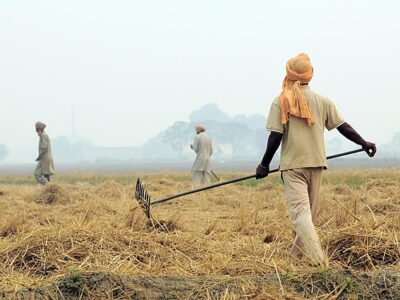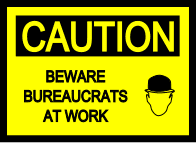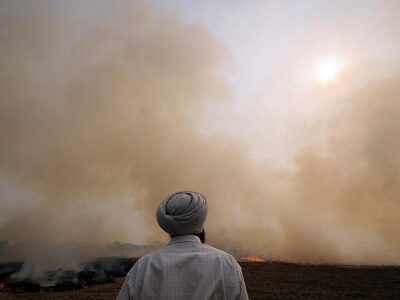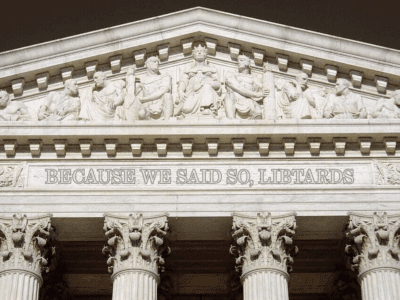What Do Bureaucrats Maximize?
New research demonstrates that governments can reduce intractable emissions problems — if they have the right incentives

It’s no secret that Delhi has perhaps the worst air quality in the world, and it’s also no secret that crop-burning in nearby agricultural areas is one of the principal causes (along with topography). But what can you do about it? It’s illegal already, but because crop-burning is a cheap and effective way to get rid of agricultural waste after the harvest, and farmers just won’t listen.
Or will they?
A new policy brief in Nature by Columbia’s Gemma DiPoppa and Notre Dame’s Saad Gulzar, based upon their research paper from last fall, makes a rather stunning finding:
Crop-residue burning in South Asia decreases by up to 14.5% when smoke from fires would affect bureaucrats’ home districts instead of neighbouring ones. Bureaucratic action to punish farmers deters future fires by a further 13%. Thus, using administrator incentives to control crop burning could guide policy towards improving air quality and reducing infant and child mortality.
It reminds me a little of Steve Levitt’s finding in Freakonomics that real estate agents get higher prices for their own houses than for their clients. Funny, that. The research article puts a finer point on it:
Our findings suggest that controlling air pollution from crop burning may not be completely intractable as is commonly assumed. We show that burning patterns respond to the incentives bureaucrats face in their own jurisdictions. We demonstrate that, even under the weak incentives currently in place, bureaucrats can bring meaningful reduction to crop burning, especially when they internalize the externalities of polluting behaviour. Importantly, our results show that bureaucratic punishment of farmers can create deterrence among future polluters, suggesting that bureaucratic action against crop burning may not need to entail punishing thousands of farmers, which is likely to be politically infeasible. Overall, these findings indicate that the government infrastructure that already exists is capable of exerting better control over crop burning despite not being considered to be a lever of change.
 But then this all leaves the basic question(s) unanswered: how can one calibrate bureaucrats’ incentives where the internalization of externalities is not so straightforward? (Thus, the title of this post.). We know very little about this, and now it has resonance in the United States, as Trump and Russ Vought smash the federal workforce: as we reconstruct it in the future (i.e. Rebuilding The Barn), we should look at how we can provide better incentives for civil servants. This implies a very robust scholarly and policy agenda. Like all important agendas, it’s hard to do. So let’s get to work.
But then this all leaves the basic question(s) unanswered: how can one calibrate bureaucrats’ incentives where the internalization of externalities is not so straightforward? (Thus, the title of this post.). We know very little about this, and now it has resonance in the United States, as Trump and Russ Vought smash the federal workforce: as we reconstruct it in the future (i.e. Rebuilding The Barn), we should look at how we can provide better incentives for civil servants. This implies a very robust scholarly and policy agenda. Like all important agendas, it’s hard to do. So let’s get to work.

Reader Comments
One Reply to “What Do Bureaucrats Maximize?”
Comments are closed.







Why not just figure out a way to use, and thus create a market for, these waste products? Show them the money. (F.e., i am just at the beginning of my journey to explore composting. But, it really is interesting.)
And as for bureaucrats – we don’t want them to have their own interests at stake, I thought?
In terms of California regs, I think the problem is *term limits.* That is why we see so many pissant laws, but no one fixes the big problems, imo.